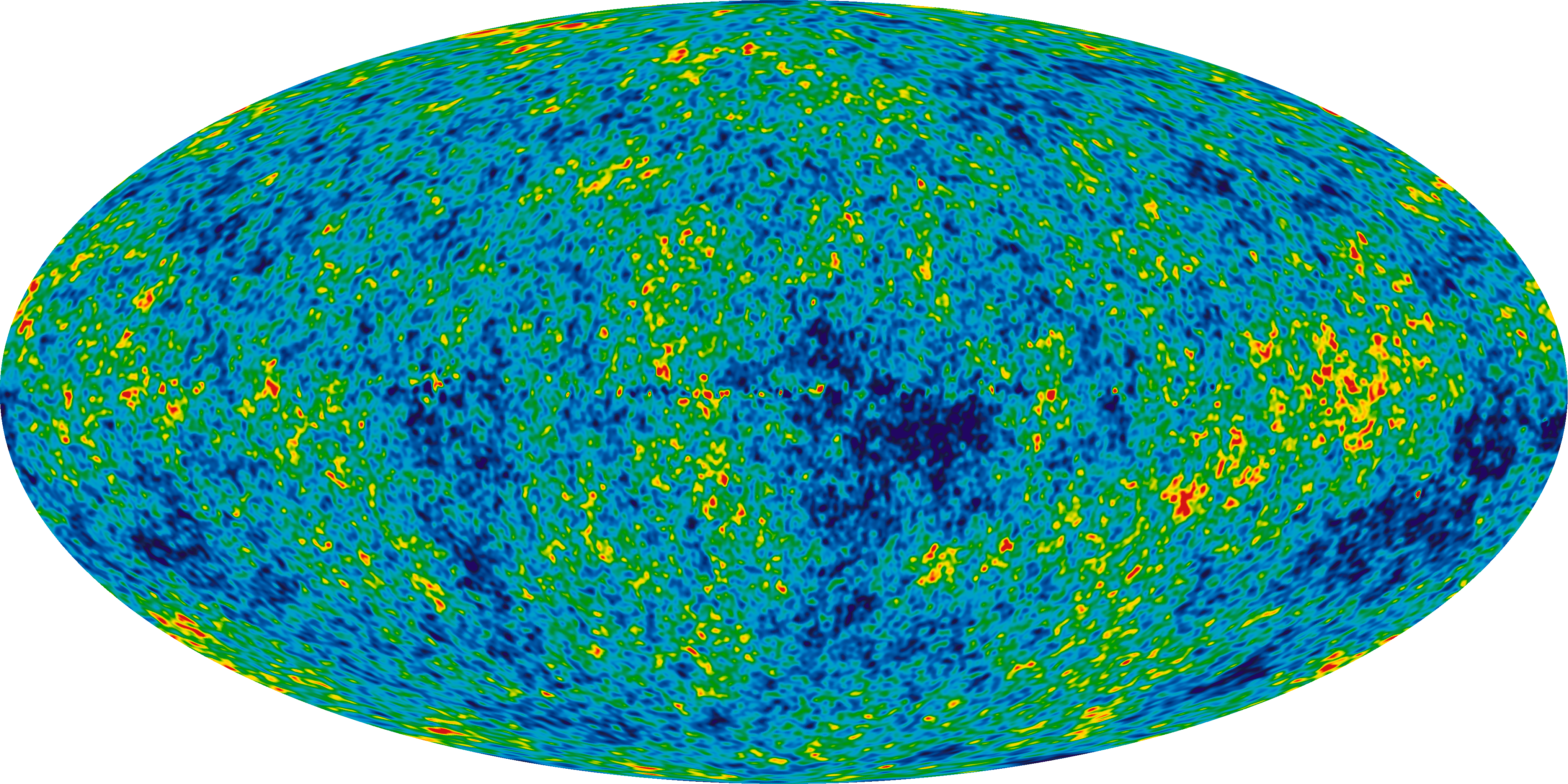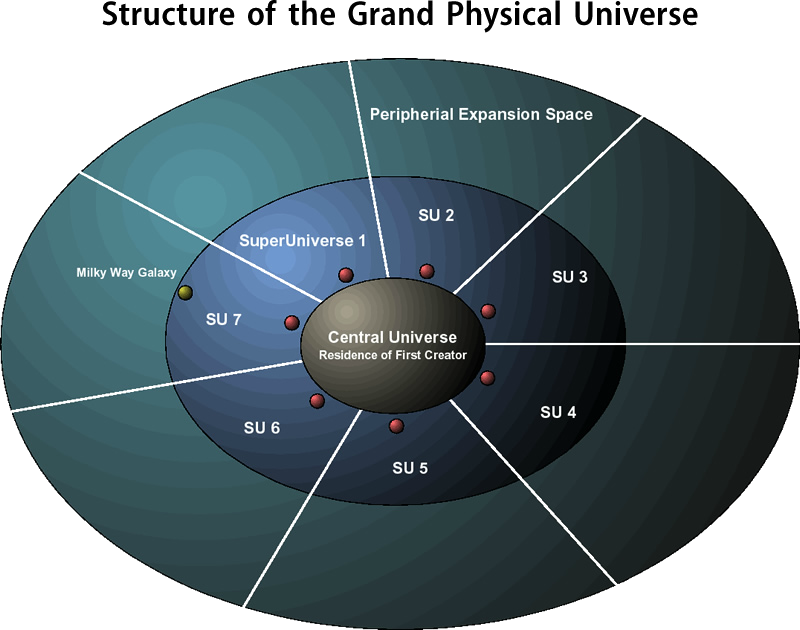Shadowprophet
Truthiness
Fine, I would rather talk about Pot and titties, but you guys would rather have Science,
Trust me Don't ever become the Science Guy Cuse nobody will let you talk about boobies anymore
Boobies are important you know,, Anyway, This Is the Methuselah Star,

It is 14,5 billion years old,
Time Or the concept of time is being reexamined, This Is a render of the Methuselah Star, What is so important about this Star, Well, This Star is called the Methuselah star because of how old it is, it is 14.5 billion years old, For those in the know, The universe is 13.8 billion years old, Yes, This Star is literally older than the Universe itself.
Star that’s older than the universe
The age of our universe is determined by the cosmic microwave background, this is the gamma radiation that the Big bang gave off when it exploded Cosmic microwave background - Wikipedia

So, How is this Star older than The universe itself? Well, we just don't know. Many scientists believe they have the answer, Some believe, Logically, That the star must have simply already been there when the big bang went off, others believe that time and gravity are quantumly entangled, and because of this, the Star has simply aged or "entropies faster" than the rest of the cosmos, Either way, This Star experiences Time in ways the rest of the universe does not, It's legitimately older than existence itself, Maybe someday we will understand how such a curious thing could possibly exist, Until that time, it hangs in the night sky as a reminder that some things will always be beyond our understanding.
SP.
Trust me Don't ever become the Science Guy Cuse nobody will let you talk about boobies anymore

Boobies are important you know,, Anyway, This Is the Methuselah Star,

It is 14,5 billion years old,
Time Or the concept of time is being reexamined, This Is a render of the Methuselah Star, What is so important about this Star, Well, This Star is called the Methuselah star because of how old it is, it is 14.5 billion years old, For those in the know, The universe is 13.8 billion years old, Yes, This Star is literally older than the Universe itself.
Star that’s older than the universe
The age of our universe is determined by the cosmic microwave background, this is the gamma radiation that the Big bang gave off when it exploded Cosmic microwave background - Wikipedia

So, How is this Star older than The universe itself? Well, we just don't know. Many scientists believe they have the answer, Some believe, Logically, That the star must have simply already been there when the big bang went off, others believe that time and gravity are quantumly entangled, and because of this, the Star has simply aged or "entropies faster" than the rest of the cosmos, Either way, This Star experiences Time in ways the rest of the universe does not, It's legitimately older than existence itself, Maybe someday we will understand how such a curious thing could possibly exist, Until that time, it hangs in the night sky as a reminder that some things will always be beyond our understanding.
SP.


